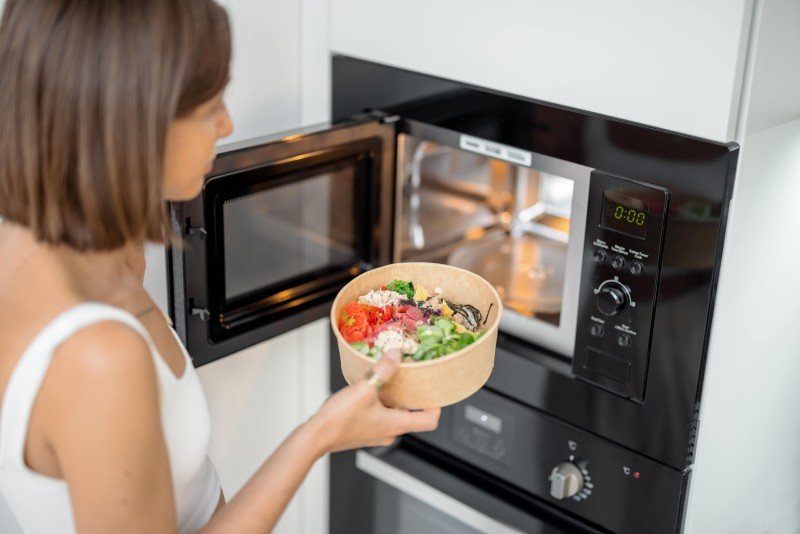Understanding Cookers and Hobs: A Comprehensive Guide
Cooking is an important element of daily life, and the evolution of kitchen appliances plays a substantial role in how efficiently and effectively individuals prepare their meals. Amongst these appliances, cookers and hobs are 2 of the most necessary instruments found in contemporary kitchens. This post delves into the distinctions in between cookers and hobs, analyzes their numerous types, and offers insights on their functions, upkeep, and choice procedure.
What are Cookers and Hobs?
Cookers
Cookers are comprehensive kitchen devices developed for cooking tasks, usually combining an oven and a hob. They are available in various configurations and types, accommodating varied cooking needs and choices.
Hobs
Hobs, on the other hand, are more focused devices mainly utilized for boiling, frying, and other stovetop cooking methods. Hobs can be standalone systems or an integrated part of larger cookers.
| Feature | Cookers | Hobs |
|---|---|---|
| Function | Integrates oven and hob | Stovetop cooking just |
| Design | All-in-one unit | Separate unit or integrated |
| Types | Electric, gas, double fuel | Gas, electric, induction |
| Installation | Enables more versatility | Built into the counter top |
| Rate Range | Generally higher | Differs widely |
Kinds of Cookers
1. Electric Cookers
Electric cookers utilize electrical energy as their main source of power. Cheapest Fan Oven feature a built-in oven and several cooking zones on the hob.
Benefits:
- Even heat circulation
- Offered in different styles (e.g., freestanding, integrated)
2. Gas Cookers
Gas cookers operate on natural gas or liquefied petroleum gas (LPG). They offer instant heat control, making them a preferred amongst expert chefs.
Advantages:
- Instant heat changes
- More budget-friendly operational expenses
3. Dual Fuel Cookers
Double fuel cookers combine the heat of gas with the performance of electric ovens. This setup permits the best of both worlds, providing control and constant results.
Benefits:
- Flexible cooking choices
- Exact control over stovetop cooking and baking
4. Variety Cookers
Range cookers are bigger and more powerful than basic cookers, including multiple ovens and hobs for extensive cooking jobs.
Benefits:
- Ideal for big households or cooking for occasions
- Uses various cooking alternatives in one device
Kinds of Hobs
1. Gas Hobs
Gas hobs are preferred for their quick heating and strong flame, making them exceptional for burning and stir-frying.
Benefits:
- Instant heat and control
- Compatible with any kind of cookware
2. Electric Hobs
Electric hobs heat up utilizing electric coils or glass-ceramic surfaces, providing a modern appearance and effective cooking.
Advantages:
- Easier to clean up
- Consistent surface area suitable for different pots and pans
3. Induction Hobs
Induction hobs utilize magnetic fields to heat pots and pans straight, offering quick and energy-efficient cooking.
Advantages:
- Safe (cool surface area after removing pots and pans)
- Energy-efficient and precise
4. Solid Plate Hobs
These standard hobs use solid electric plates that warm up slowly.
Benefits:
- Rugged and durable
- Usually more budget-friendly than other types
Key Features to Consider
When picking a cooker or hob, several functions must be taken into consideration:
- Size and Space: Consider the size of your kitchen and the quantity of workspace needed.
- Cooking Style: Choose based upon choice-- gas for control, induction for efficiency, etc.
- Effectiveness Ratings: Look for energy-efficient designs to minimize energy bills.
- Relieve of Cleaning: Smooth surfaces help with simple upkeep.
- Security Features: Automatic shutoff, flame failure devices, and child locks boost security.
Maintenance Tips
Keeping cookers and hobs extends their life expectancy and makes sure safe operations.
- Routine Cleaning: Wipe down surface areas after use to avoid buildup.
- Check Seals: Check oven door seals frequently for wear and tear to preserve effectiveness.
- Service Regularly: Schedule professional maintenance a minimum of as soon as a year.
- Suitable Cookware: Use pots and pans proper for your hob type to avoid damage.
Often Asked Questions (FAQs)
What is the difference between a cooker and a hob?
A cooker combines an oven and hob in one unit, while a hob is normally a standalone home appliance for stovetop cooking.
Do I need a professional to install a gas cooker or hob?
Yes, professional setup is advised for gas appliances to guarantee security and compliance with local policies.
Can I utilize any kind of cookware on induction hobs?
Induction hobs need magnetic cookware. Stainless steel or cast iron pots work best. Non-magnetic products will not heat up.
Are electric cookers more energy-efficient than gas cookers?
While both have advantages, electric cookers tend to be more energy-efficient total, specifically with contemporary, high-efficiency models.
How frequently should I clean my cooker or hob?
It is best to clean them after each use and carry out an extensive cleaning weekly to avoid buildup and residue.
Comprehending the differences, functions, types, and maintenance tips for cookers and hobs is vital for any home cook. By selecting the ideal device matched to their cooking requirements, users can improve their cooking experience, making meal preparation an efficient and pleasant chore. Whether selecting the instantaneous control of gas or the sleek efficiency of induction, selecting the proper cooker or hob can result in a notably enhanced kitchen experience.

